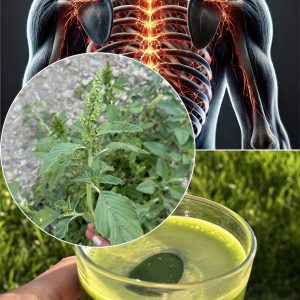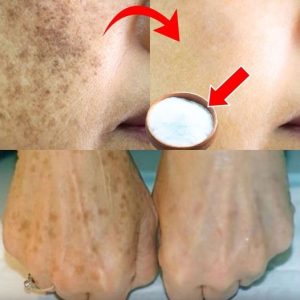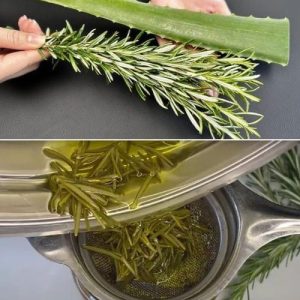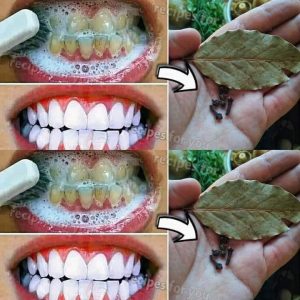In the pursuit of efficient and cost-effective home solutions, there’s one trick that stands out: dissolving a bar of soap in boiling water. This easy method not only saves you money and reduces waste but also provides a versatile cleaning solution for your home. Let’s dive into how you can make the most out of a single bar of soap and why it’s worth giving it a try.
Why Dissolve Soap in Boiling Water?
Dissolving a bar of soap in boiling water creates a concentrated liquid soap that can be used in various ways around your home. This method prolongs the life of a single bar of soap, making it an economical choice. Moreover, the liquid soap you make this way is gentle on the environment, eliminating the need for plastic containers that come with store-bought liquid soaps.
How to Make Liquid Soap from a Bar
Making your own liquid soap is simple. Here’s a step-by-step guide to get you started:
Gather Your Supplies: Get a bar of your favorite soap and some water. Choose a soap that suits your needs, such as a gentle formula for sensitive skin or a scented variety for a pleasant aroma.
Prepare the Soap: Grate or finely chop the soap bar to help it dissolve more easily in water.
Boil the Water: Bring a pot of water to a boil. The amount of water you use depends on how concentrated you prefer your soap to be. As a general guideline, use one quart of water for every four ounces of soap.
Dissolve the Soap: Once the water is boiling, reduce the heat and slowly add your grated soap, stirring constantly until the soap is completely dissolved.
Cool and Store: Allow the mixture to cool, then pour it into a reusable container. If the soap thickens too much upon cooling, you can warm it slightly and add more water until you reach the desired consistency.
Uses for Your Homemade Liquid Soap
Your homemade liquid soap is incredibly versatile. Here are a few ways to use it:
Hand and Body Wash: Use it in the bathroom for handwashing or in the shower as a body wash.
Household Cleaning: It works wonders for cleaning surfaces in the kitchen and bathroom. Simply apply it with a sponge or cloth and rinse clean.
Laundry Detergent: You can use it as a mild laundry detergent for delicate items.
Conclusion
By dissolving a bar of soap in boiling water, you not only create a useful household product but also embrace a more sustainable way of living. This simple method can help you save money and reduce your environmental impact, all while keeping your home clean and fresh. Give it a try and see just how far one bar of soap can go!





